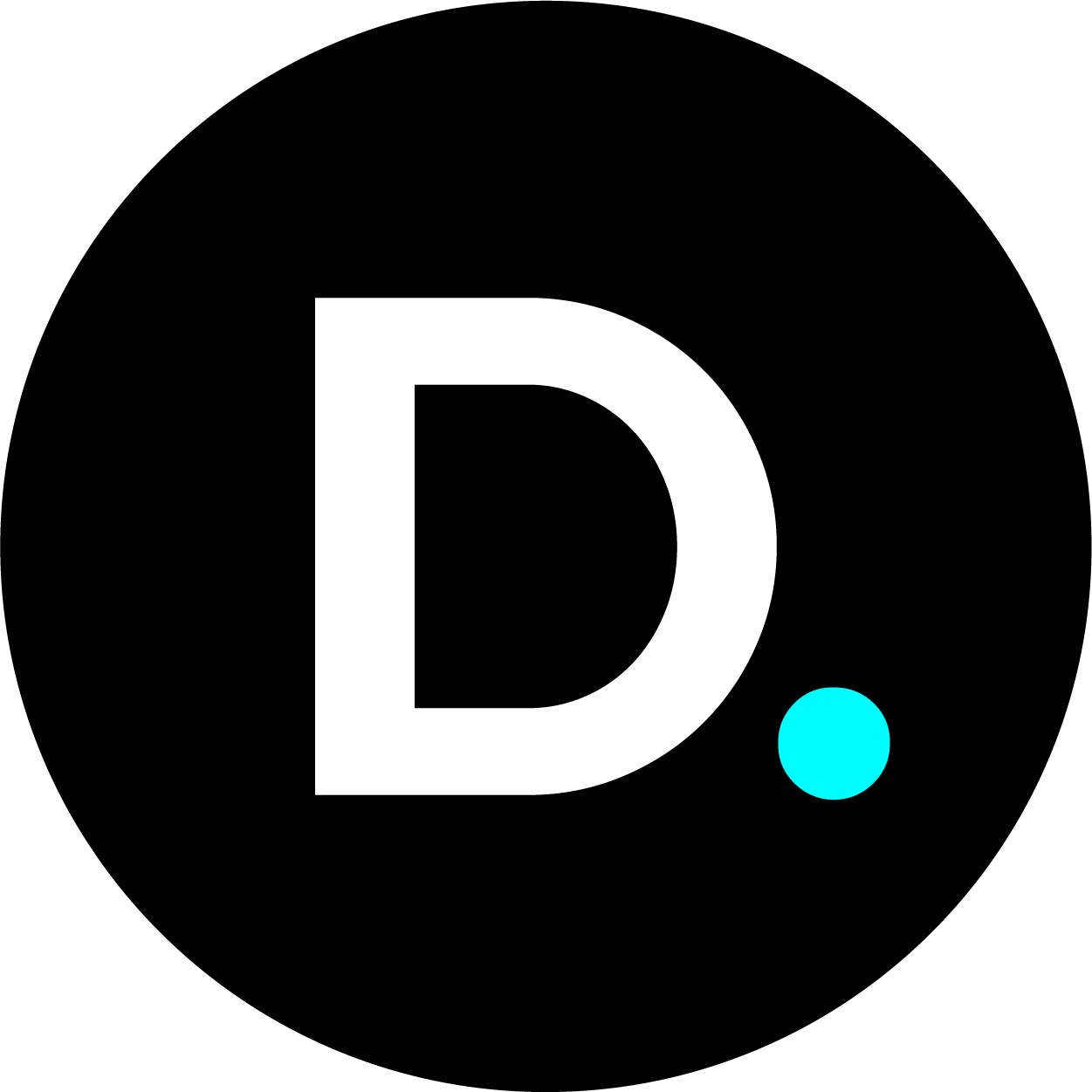What does this job role actually mean?
Highlight reel
The exact responsibility of each role is going to vary massively from company to company but let’s get a general idea to help inform your job search
A great way to start is to consider which personality colour type you might be and combine that with your interests
Focus on the roles you’re most suited to and the companies which may be a good fit rather than short-term salary
Project Manager – the person in the team whose job it is to keep everyone else on track, often chairs the team meetings and holds everyone accountable to the deadline.
Pros: wide exposure across a range of job functions so it’s a great place to start to find out more about what each job role entails.
Cons: may not have autonomy of any individual area as the focus is on keeping everyone else on track.
Product Manager – working between developers/designers and commercial functions. On an app, for example, this would involve deciding on which features to add and how this should be experienced by the user before informing other teams.
Pros: Creative, if you enjoy creating new things and have an innovative mind this could be a career path for you.
Cons: You’re often at the mercy of what the developers tell you what you can and can’t do. To really thrive in this role it’s helpful to have a good grasp of the technical elements.
Marketing Manager – creates and executes on marketing plans to attract or engage with customers across different platforms (digital, social media, TV, radio, newspapers).
Pros: varied, no two marketing campaigns should be the same, often get a chance to work on engaging projects that are interesting enough to catch the eye of customers.
Cons: likely to have limited control of the product that you’re actually marketing so you better hope you have a great product team.
Business Development – focuses on generating revenue for the business, involves a lot of time on excel creating new business cases. The Business Development team often workers closely with 3rd parties like agencies and other businesses to find new ways to make money out of customers.
Pros: allows you to have a measurable impact on an organisation which can be a great feeling.
Cons: can be very analytical, you need to get into the detail in order to reliably suggest new ways to generate revenue.
Partner Manager – manages relationships between two companies trying to generate revenue together. This is very different from a client agency-relationship. In a partnership, payment and value in kind can go both ways depending on what is trying to be achieved.
Pros: gives you a chance to get experience with a variety of products and services outside of your company’s remit – a great chance to get some big names on your CV.
Cons: what you’re able to do and how your work is executed is greatly dependent on who your partner is.
Account Manager – typically working agency-side managing the relationship with a client. Ultimately they’re responsible for the performance of the account and its growth.
Pros: quite fast-paced, involves putting together new proposals to advance the account which you then pitch to the client.
Cons: you essentially work for the client, they tell you what they want and you figure out how to do it.
Brand Manager – ensures all the content produced by the business aligns well with the company’s core brand guidelines.
Pros: a collaborative/creative role helping other teams understand if their work gets the green light. If not, they provide guidance on how to bring it to life in the image of the company.
Cons: can be known as the ‘brand police’ preventing people from doing things they want to do and may have spent significant time on.
Advertising Manager – responsible for managing the company’s paid media campaigns to acquire new customers. Involves buying ad space on different platforms e.g. Instagram.
Pros: creative, you have to come up with new campaigns that will stand out in the market so there’s plenty of fun to be had.
Cons: may not always be as glamorous as it sounds, you might find yourself marketing products/services you don’t have an interest in.
Consultant – provides expert advice to other businesses within specific fields. Huge amount of PowerPoint, you’ll try to condense large amounts of information into short conclusions.
Pros: excellent way to start a career as it allows you to build a foundation of knowledge of how business should be done
Cons: for long periods of time you could be working on-site with your client when you apply for a consultant position you don’t know where or who the client will be
Sales Manager – leads and coaches a team of sales-people while carrying out some sales activity. Consider whether the type of sales involves pitching on major projects or repetitive selling of smaller products or services.
Pros: fast-paced environment in which no two days will be the same
Cons: sales is not for everyone, every day you have to try and influence customers into buying your product in a high-pressure target driven environment
Accountant – ensures financial reports are accurate, attempting to help the business make a profit while cutting costs. Lots of excel analysis involved.
Pros: at times you can work in a bubble independently, this role of course also gives you a great understanding of finances which will be valuable for your personal life
Cons: for most, not the most exciting job ever created. Naturally, it can be very cyclical and repetitive.
Legal Manager – stays up to date with regulations and advises other teams on how to stay within these boundaries while performing their role. Huge amount of reading of contracts and regulations etc.
Pros: usually get to work across a variety of business functions, keeping this role varied
Cons: attention to detail is extremely important, any errors could have a significant impact on the company.













